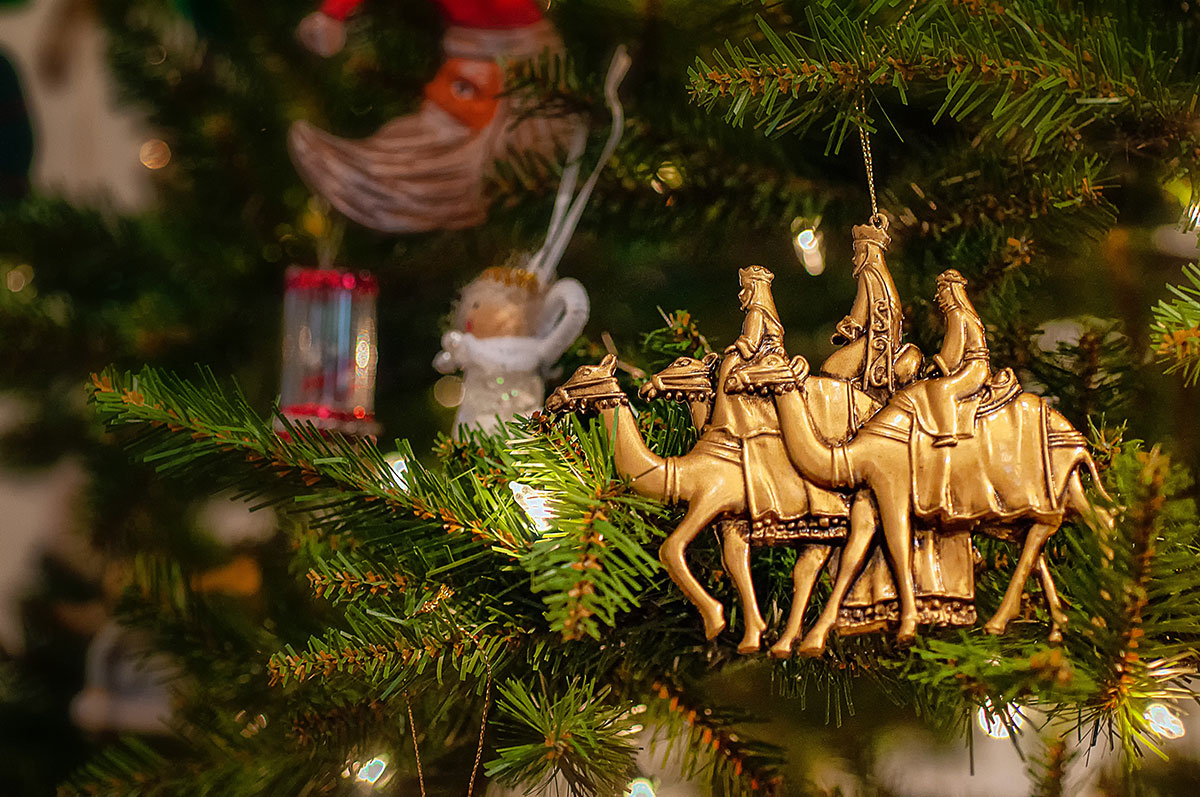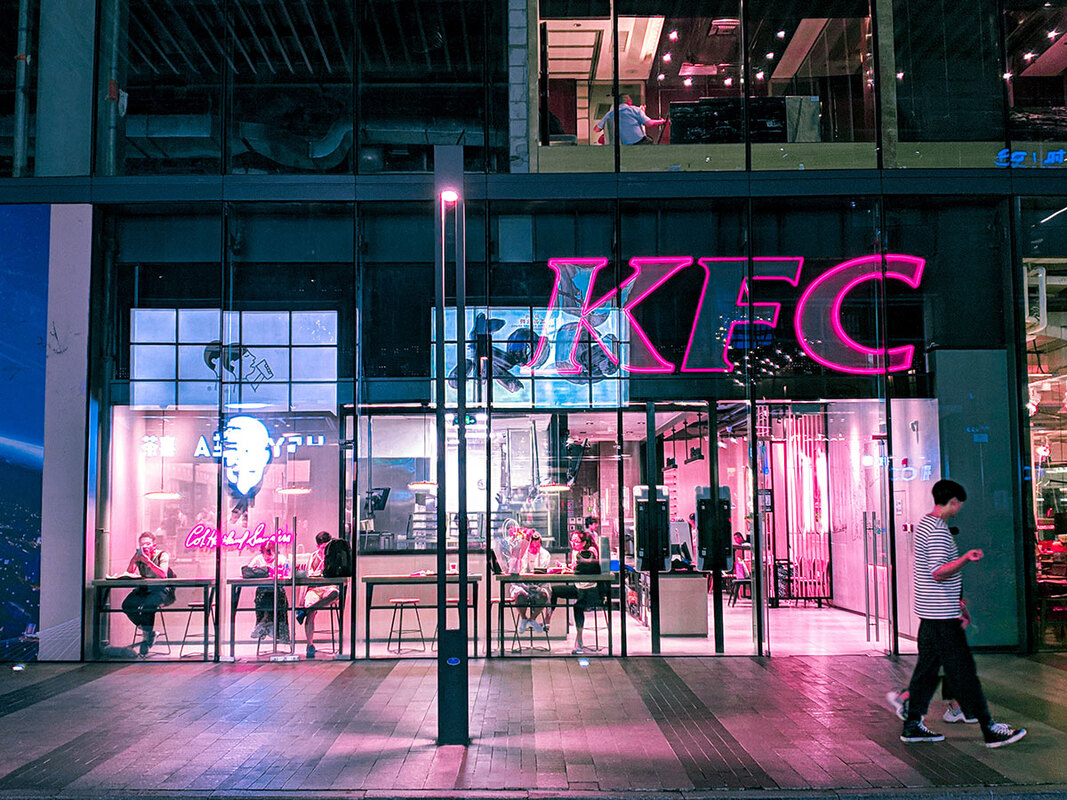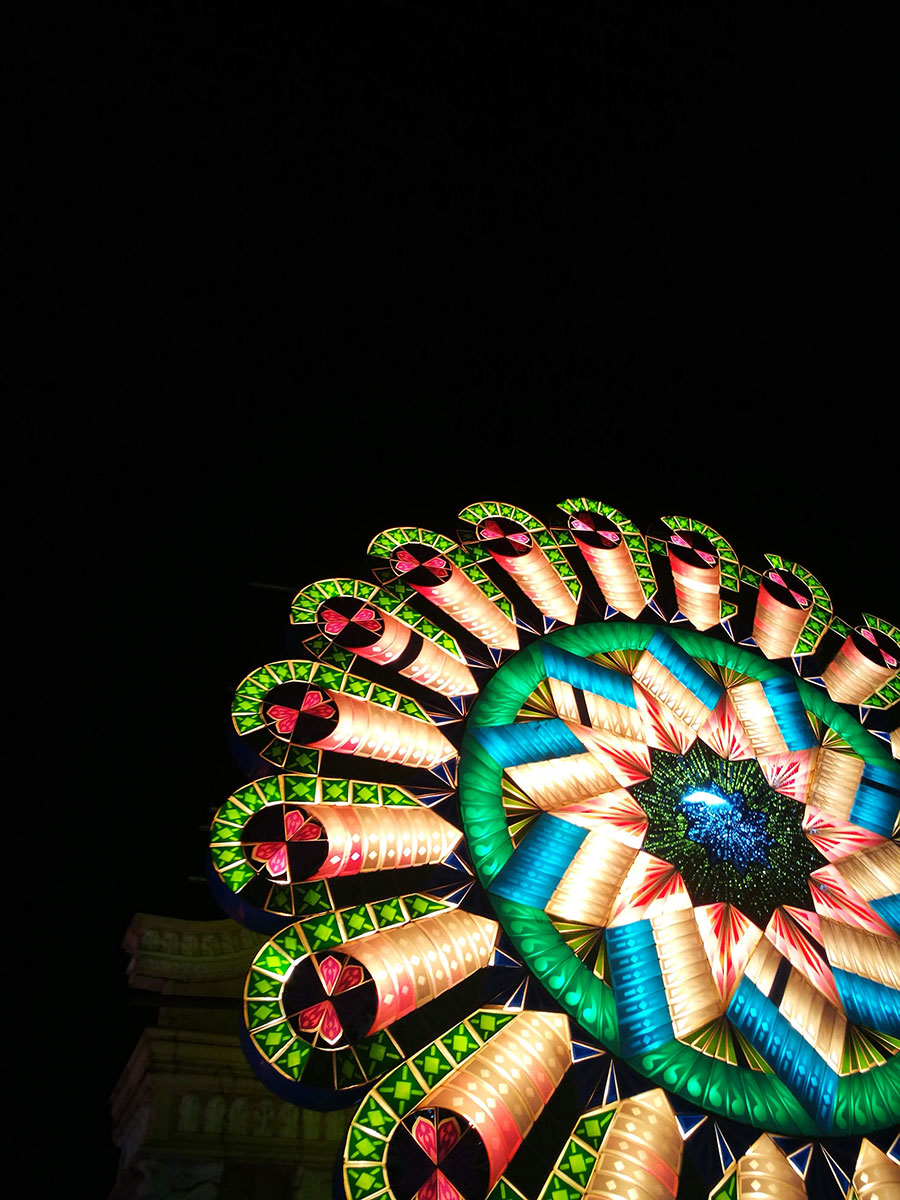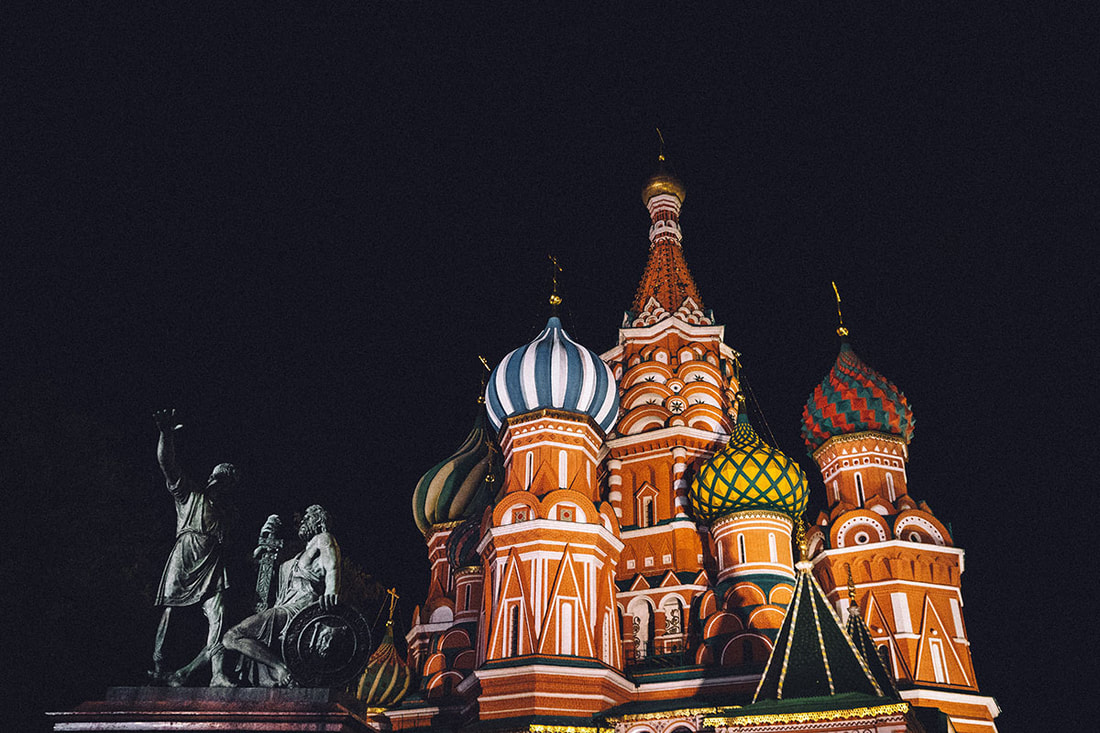|
Merry Christmas to one and all! Christmas is celebrated around the world, although it does not have the same meaning everywhere. The holiday has a distinctly serious and religious flair in many countries, but in others, it’s a lighter holiday without much connection to religion. Here’s a look at how Christmas is celebrated in five countries around the world: Italy: Christmas in Italy is celebrated into early January. Children there also believe in Santa (known locally as San Nicolo), but there is another figure who brings gifts to the good ones and coal-shaped candies to the bad. This woman in La Befana. The legend of Befana begins with the birth of Jesus. It is said that on their way to see Jesus, the three magi stopped by an older woman’s home. She hosted them for the evening and they invited her to come along with them, but she said she was too busy with her chores to accompany them. After they left, Befana began to regret her decision. She gathered up the things she could find that would serve as gifts for the new child and she hurried on her way. Unfortunately, she did not catch up to the three magi or find the manger before the Epiphany on January 6th. Now, on the eve of the Epiphany every year, she goes around to all of the children’s houses and gives the gifts she was not able to give so many years ago. In some places the naughty children get actual lumps of coal or onions as presents, but more often than not, the naughty children (if there are any) get coal-shaped candies instead. Venezuela: Most of Venezuela celebrates in a manner that should be familiar to those in the United States; the country has a Catholic majority, so Christmas tends to focus on the birth of Jesus and it is traditional to go to mass more frequently. Families spend time together and they have a large meal together to celebrate the birth of Christ. However, the capital city of Caracas does things a little differently. They participate in the same Christmas traditions that the rest of the country does, but they also add one of their own. On Christmas morning, residents of Caracas don a pair of roller skates and skate their way to Christmas Mass. So many people participate in this activity that the city blocks cars from entering the main roads before 8 am so that skaters can get to church safely. Some of the skaters will enter their churches with their skates still attached, then remove them for the service. Japan: The two major religions in Japan are Shintoism and Buddhism; Christianity is a far more recent addition to the culture. As a result, Christmas is less about the birth of Jesus and more about spending time with family. Because of a KFC marketing campaign back in the 1970s whose slogan was “Kentucky for Christmas,” a bucket of Kentucky-Fried Chicken is now the unofficial national Christmas meal in Japan. Families around the country head to their local KFC for Christmas Eve and Christmas day. The week leading up to Christmas is the biggest sales week for KFC in Japan. Philippines: The most well-known Christmas tradition in the Philippines is actually held on the Saturday before Christmas Eve. On this day, the city of San Fernando hosts the annual Giant Lantern Festival, the Ligligan Parul Sampernandu. People from around the country and around the world flock to this Christmas capital of the Philippines to see the lantern competition. Eleven villages enter the competition by creating enormous and elaborate lanterns with intricate patterns. While these lanterns used to be only one to two feet in diameter and very simple in design, the ones today can be more than 18 feet in diameter! These lanterns, or parols, symbolize the star of Bethlehem. Russia: Russia and Christmas have a somewhat turbulent past. Back when Russia was the Soviet Union, Christmas as a religious holiday was banned. This was because the Soviet Union had a secular government and wanted to promote only things that aligned with the government’s vision of the country. Eggnog was replaced by shots of vodka and Christmas trees turned into New Year trees.
Despite the politics of Christmas, Russians still had their traditional foods and activities. Families still celebrated Christmas with one another, but they did so in secret, and the crackdown led to Christmas being a smaller holiday in general. The ban was lifted in the 80s, but the enforcement up until that point had been waning for many years. Because much of Russia follows the Julian calendar for Christmas celebrations, the holiday is not celebrated heavily on December 25th, but on January 7th. Many families will have two celebrations, but the one on January 7th is emphasized the most. Do you have unique Christmas traditions that you practice with your family? I would love to hear about them in the comments. If you’d like to begin planning to experience one of the above cultures or some other one for Christmas next year, let’s talk!
0 Comments
Your comment will be posted after it is approved.
Leave a Reply. |
Author: Debra HarrisAs founder of Life’s Journey Travel, I’m deeply passionate about creating custom travel experiences that allow my clients to truly savor the journey. Categories
All
Archives
February 2023
|
Quick Links |
Life’s Journey Travel, an independent affiliate of Gifted Travel Network — a Virtuoso® Member
|
Copyright © 2016-2022 | Lifes Journey Travel | Privacy | Terms of Use
Website by markrobinson.biz







 RSS Feed
RSS Feed



